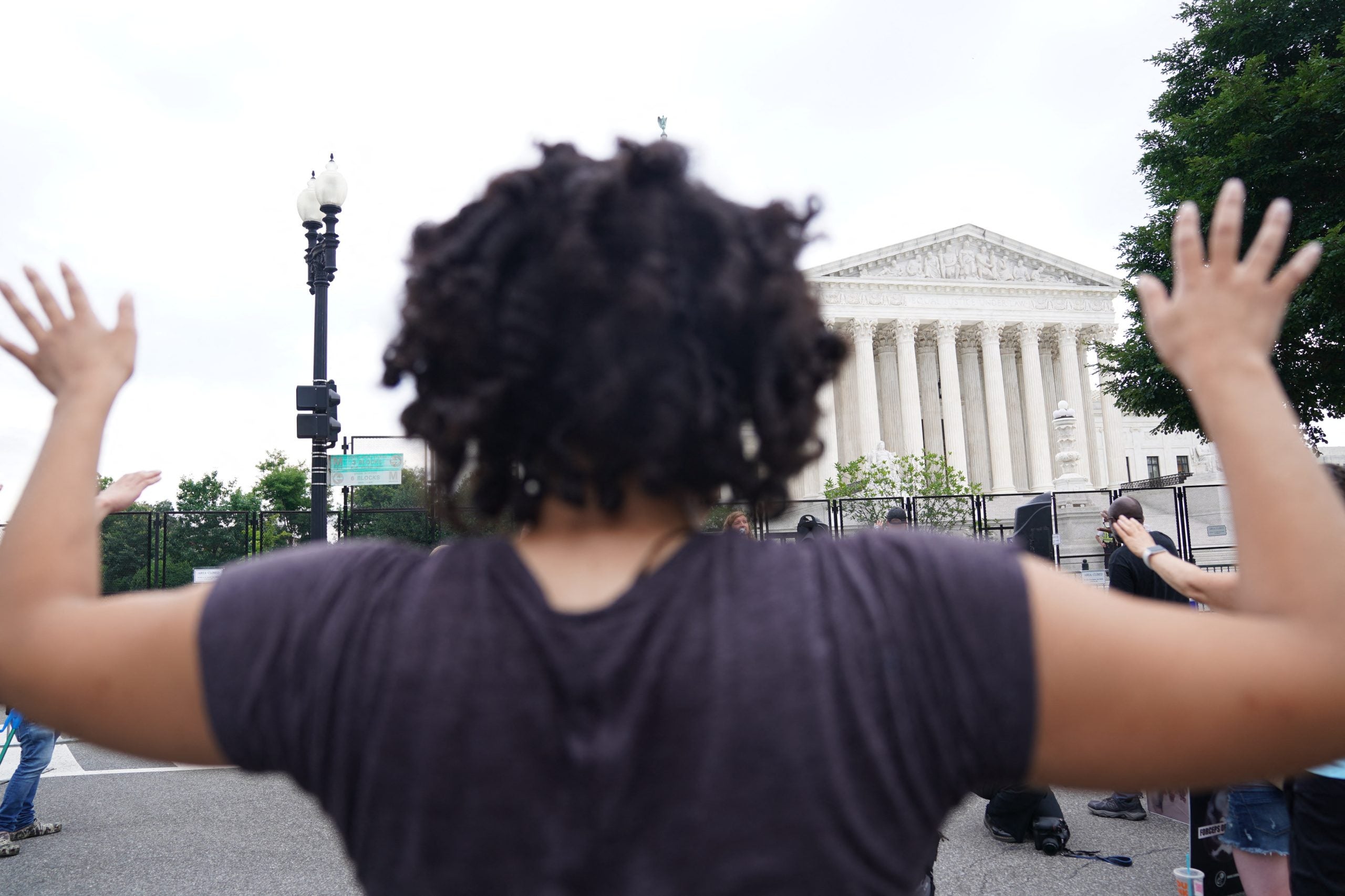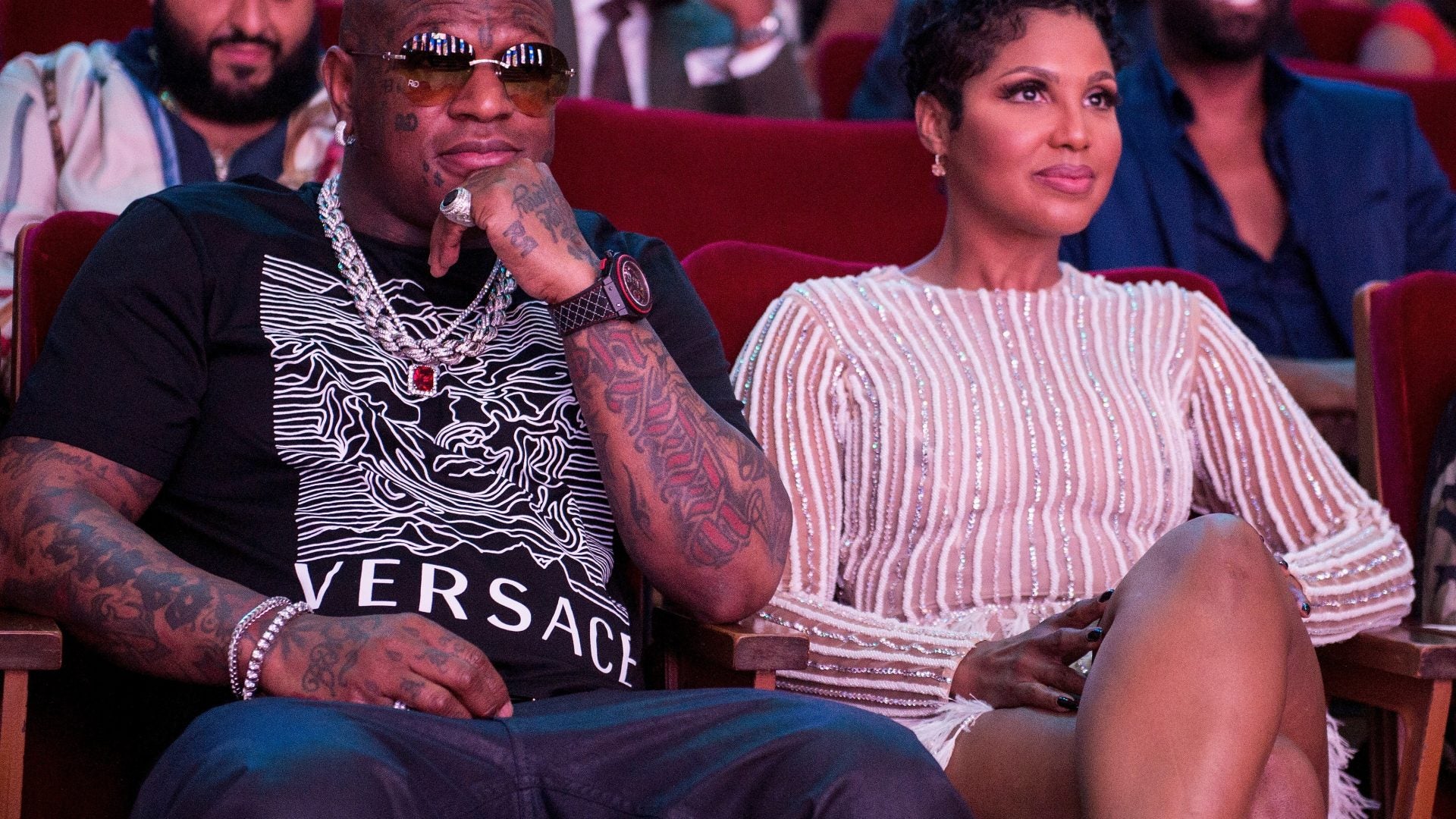
In their 6-3 decision in Vega v. Tekoh, the U.S. Supreme Court effectively stripped away more rights from the people. On Thursday, the conservative-leaning court ruled, suspects who aren’t issued their Miranda rights are now unable to “sue a police officer for damages under federal civil rights law even if the evidence was ultimately used against them in their criminal trial.”
This case revolved “around the Fifth Amendment’s right against self-incrimination, which bars a defendant from being ‘compelled in any criminal case to be a witness against himself.’”
The significance of this right cannot be overstated—throughout much of our country’s history, especially during the Jim Crow era, many false confessions were coerced from suspects via illegal methods, which oftentimes meant violence. But in 1966, the high court took steps to eliminate this problem with their landmark ruling in Miranda v. Arizona, “which required the police to warn suspects that they have the right to remain silent and to access to an attorney.”
In the case at hand, Terence Tekoh was a hospital worker, “who was accused of sexually assaulting an immobilized female patient at a local hospital in 2014.” Carlos Vega, a sheriff deputy for Los Angeles County questioned Tekoh, but had failed to read him his rights as required by the precedent of Miranda v. Arizona. While Tekoh ultimately did confess to the crime, he was tried and acquitted – even after the introduction of his confession at trial. He then filed suit against the officer under Section 1983 of federal law.
Lower courts were split on the issue of “whether the warning given to criminal suspects before they talk to authorities…is a constitutional right or something less important and less defined,” and thus the case rose up to the level of the Supreme Court.
The decision was split along party lines. Chief Justice Roberts and Justices Clarence Thomas, Kavanaugh, Amy Coney Barrett, and Neil M. Gorsuch joined Justice Alito in the opinion for the majority. Alito wrote “a violation of Miranda does not necessarily constitute a violation of the Constitution… Miranda rests on a pragmatic judgment about what is needed to stop the violation at trial of the Fifth Amendment right against compelled self-incrimination.”
“That prophylactic purpose is served by the suppression at trial of statements obtained in violation of Miranda,” he continued. “Allowing the victim of a Miranda violation to sue a police officer for damages under Section 1983 would have little additional deterrent value and permitting such claims would cause many problems.”
With this ruling, the court has essentially “shielded law enforcement officers from having to pay monetary damages for failing to advise suspects of their rights before obtaining statements later used against them in court.”
Justice Elena Kagan wrote a scathing dissent and was joined by fellow Justice Sonia Sotomayor and soon-to-be retired Justice Stephen G. Breyer. Kagan wrote “Today…the court strips individuals of the ability to seek a remedy for violations of the right recognized in Miranda. The majority observes that defendants may still seek ‘the suppression at trial of statements obtained’ in violation of Miranda’s procedures.”
“Such a statement will not be suppressed,” she said. “And sometimes, as a result, a defendant will be wrongly convicted and spend years in prison. He may succeed, on appeal or in habeas, in getting the conviction reversed. But then, what remedy does he have for all the harm he has suffered?”
The implications of this ruling are expected to be far-reaching, as Professor at the University of Texas School of Law and CNN Supreme Court Analyst Steve Vladeck said, “Today’s ruling doesn’t get rid of the Miranda right… But it does make it far harder to enforce. Under this ruling, the only remedy for a violation of Miranda is to suppress statements obtained from a suspect who’s not properly advised of his right to remain silent. But if the case never goes to trial, or if the government never seeks to use the statement, or if the statement is admitted notwithstanding the Miranda violation, there’s no remedy at all for the government’s misconduct.”





